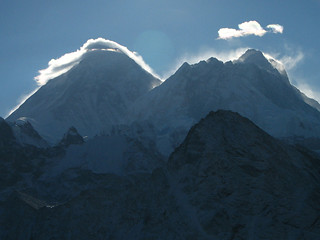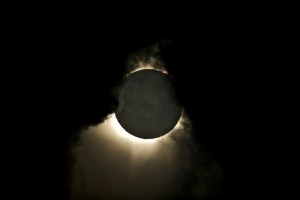Week 4 of the Alphabet Sufficiency: V.
I’ve circled on ‘value’ for a long time; this is the prompt of this essay series for which I’ve started writing four times. My relationship with value is ongoing, and I’ve got hidden writings now on how I try and tell if other people value me, on my relationship with the sunk cost fallacy, on the epistemological problems with measurement (that is, a measurement and reality are not the same thing), and even on irritating probability mind tricks that depend on weird phrasings.
But the sunk cost fallacy suggests I should pick something bite-sized and be done with it, so here it is: I am coming to value my PhD work. (Status of that: I’ve finished writing and been examined and done my required corrections. I’m waiting for university sign-off and eventual graduation. So, I’m not a PhD holder, but I will be. I’m a PhD finisher already.)
This has been a while coming. There are lots of things wrong with the PhD process, maybe less so in Australia than in some other countries and maybe less so in computer science than in some other disciplines, if only because for some computing employers outside the academy it’s seen as a positive signal rather than a negative one, as is the stereotype of how a PhD is seen in some other fields. (Note, stereotype; I know nothing of the reality.)

And it’s much easier to feel warm and fuzzy about something when the hard bit is nearly a year in the past, too. Somewhere in my photo collection there’s a self-portrait of me late last May, at 11pm, eating the spag bol my sister dropped off in a care package, alone in darkness. You know you’re at a peak life-stress when Steph drops off food: the other time last year was when I was unexpectedly hospitalised for a week last year. It was a cold evening, I remember taking the photo to email my family and I don’t know that I felt that was I was doing was valuable at the time so much as simply wanting it to be in the past. And also wanting to warm up. I did two things last May: write stuff, and learned a whole lot about climbing Everest (mostly from Alan Arnette’s blog). Not metaphorically, literally, because May is the end of the Everest climbing season. The Everest climbers and I were both cold, and both working hard. I felt we had a lot in common. Even if they got better photos than I did.
So, we need to allow for rose-coloured glasses, very much so. And I’ll also note that I don’t think a PhD is the only, or the best, or a better, way to obtain a lot of what I value from it. But it comes down to this: I wrote about 100 pages in 2 months. In that time, I did a small amount of experimental work (obviously most of it was done by then), I evaluated a lot of sources, and I did a lot of work in explaining things. I can tell you (but won’t, here) how I could re-do the whole thing, much better. And I did so much work independently — not always well in hindsight, but work — that every other project in my life pales in terms of sheer clinging onto the side of the mountain trying not to fall down it.
It will be a long time before I can decide if I did any of this well even in the (frankly unlikely) event that I read it end-to-end ever again. But the value I’m deriving from simply having done it is not negligible. It takes a lot of written material to intimidate me now, for one thing. I can read scientific literature outside my field and have some idea of how to scale the mountain. I feel much happier about having done it than I did at any time in 2012, including the day after handing it in. Its value probably still doesn’t come to seven years of opportunity cost, but it has some.
Bonus value: this blog entry has caused me to go back over my journals of last May, which include a few hilarious (entirely to me) moments:
May 19th:
[The thesis] also probably going to be longer than I expected: probably 150 pages or so in terms of sheets of paper, around 100 to 110 pages of non-appendix content.
Amusing or horrifying, your call: I sent it to the printers ten days after writing that, with 140 pages of non-appendix content and 201 total, so I blew my own projected page estimate by over 30 pages of prose in a week and a half. (I added a lot this year in response to my examiners too: the final version hasn’t been printed but is around 155 pages of non-appendix content and 230 total.)
Full disclosure: like many theses, it is double-spaced. It’s difficult to word-count accurately when you write in LaTeX, but it’s about 65000–70000 words, give or take, including appendices, which is a bit long for a science thesis, but that’s not unusual in computational linguistics.
May 29th (the day I ordered the printing of my examination copies):
I said to [my supervisor] that some people do all the training for a black belt and then don’t take the test (actually I don’t even know if this is true, but I said it) because they know within themselves that they are worthy and so…
He said “No. No no no no no. No way.”
The ‘f’ word for next week is ‘favourite’.

